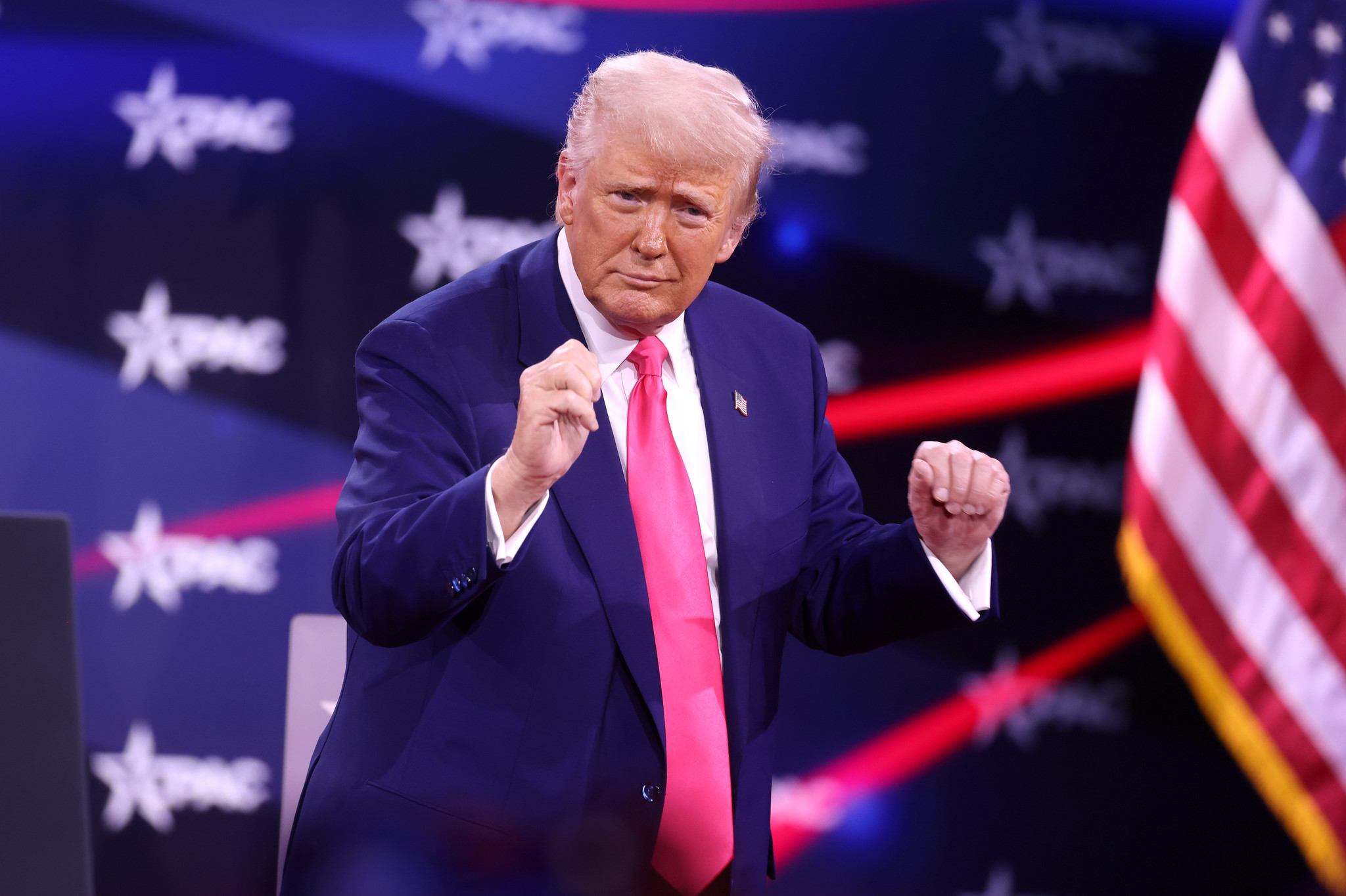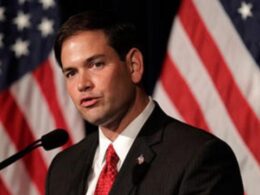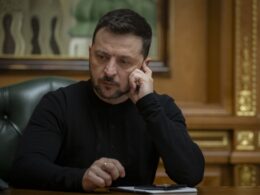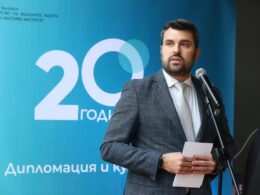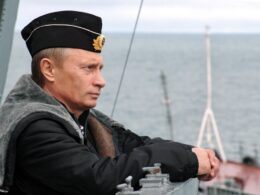On 21 May, The Wall Street Journal reported that US President Donald Trump told European leaders during a private call that Russian President Vladimir Putin isn’t ready to end the war because he thinks he is winning, citing three people familiar with the conversation. The remark reportedly followed Trump’s two-hour phone call with Putin on 19 May and, WSJ says, marked the first time he privately acknowledged Putin's unwillingness to negotiate peace, diverging from his previous public statements that Putin ostensibly wanted peace.
The White House declined to comment on the call, while Trump’s said in a social media post:
“The tone and spirit of the conversation were excellent. If it wasn’t, I would say so now.”
Sanctions walk-back and Vatican talks
Despite his admission, Trump resisted European pressure to take a tougher stance. On 18 May, during a separate call with EU leaders, he suggested possible sanctions if Putin refused a cease-fire. By the next day, after speaking with Putin, Trump reversed that position, expressing interest instead in initiating lower-level talks between Ukraine and Russia at the Vatican, WSJ says.
European leaders who joined Monday’s call included Ukrainian President Volodymyr Zelenskyy, French President Emmanuel Macron, German Chancellor Friedrich Merz, Italian Prime Minister Giorgia Meloni, and EU Commission President Ursula von der Leyen.
“This isn’t my war,” Trump said to reporters following his Putin call. “We got ourselves entangled in something we shouldn’t have been involved in.”
While some EU officials demanded an unconditional cease-fire as a precondition for the proposed talks, Trump objected to the term, saying he didn’t like the term "unconditional," and claimed he had never used it—despite calling for a 30-day unconditional cease-fire in a 8 May Truth Social post. European leaders ultimately agreed to drop the word from the peace talk framework.
CNN: Trump halts additional Russia sanctions, citing potential ceasefire opportunity
On 18 May, ahead of his call with Putin, Trump told EU leaders that the US might support sanctions on Russian energy exports and banking operations. Senator Lindsey Graham said he had secured 81 co-sponsors for a bill to increase sanctions on Moscow.
Read also
-
Ukraine terrifies dictators — but democracies may be the ones to break it
-
Over 60% of Americans believe Russian President Putin is “stalling” peace talks involving the United States
-
After Trump’s call to Putin, Ukraine says it is possible to sign peace memorandum with Russia
-
Putin won’t accept peace unless Russian empire is restored, says US ex-defense secretary Gates

